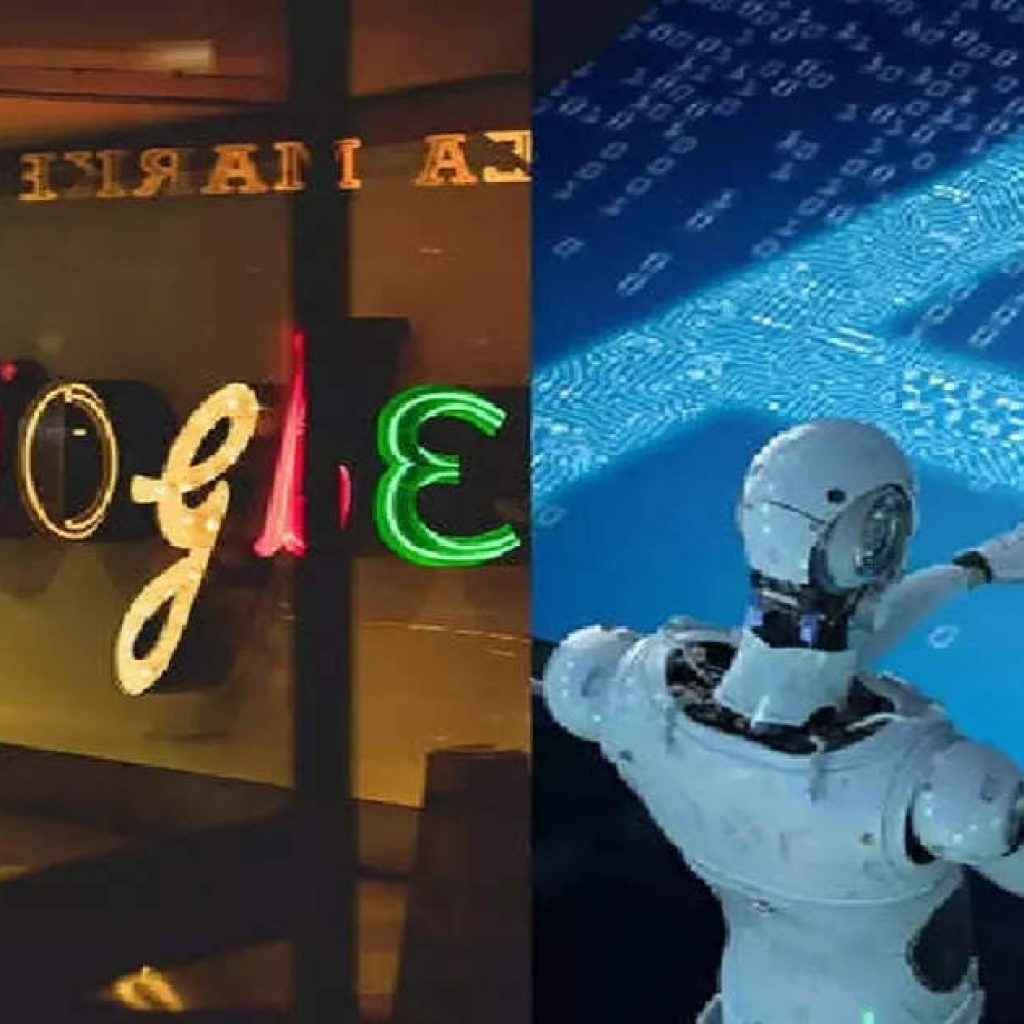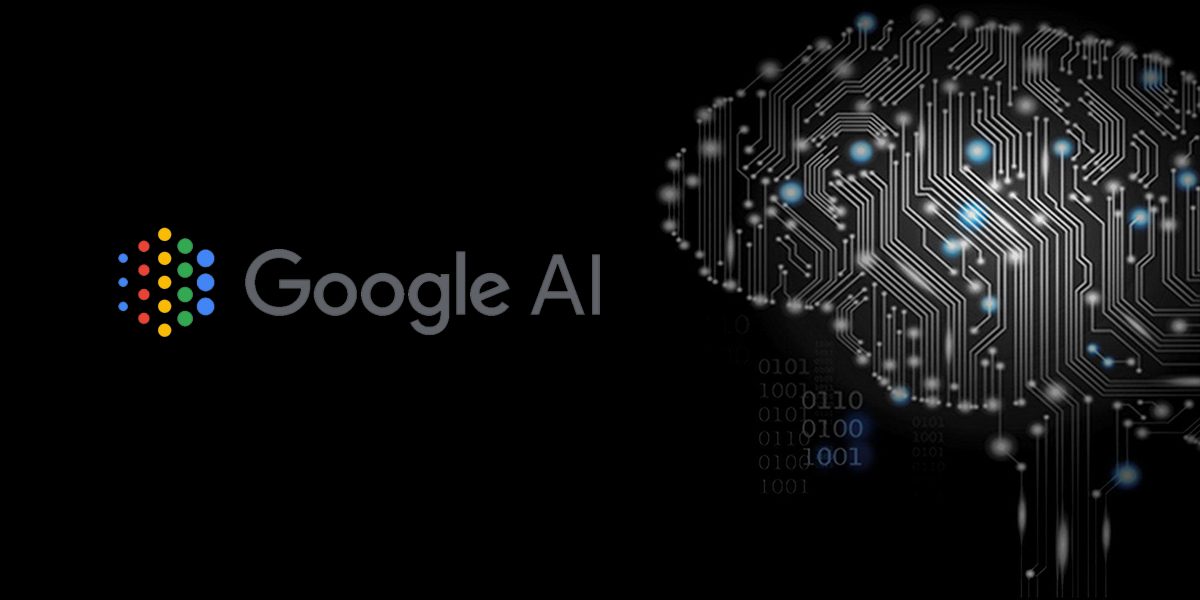On February 6, Google unveiled Bard, an experimental conversation AI service, in an effort to catch up to the hugely successful chatbot ChatGPT from the Microsoft-backed company OpenAI. With Google announcing the impending release of Bard, a direct rival to Microsoft-backed ChatGPT. Which has recently taken the world by storm, the AI space is continuing to heat up. This announcement comes as Microsoft, another major player in the technology sector, is reportedly investing $10 billion in the startup artificial intelligence (AI) research lab OpenAI. Plans to integrate AI capabilities across a variety of its software products, including Google rival.

Bard will respond to user inquiries like “ideas for a friend’s birthday party,” or “dinner ideas” similar to ChatGPT. Since ChatGPT’s access to knowledge is currently limited to internet data until 2021, the service may have an advantage when responding to inquiries about recent events.
Also Read: 7 Types of Content that Drive Traffic
Bard “draws on information from the web to provide fresh, high-quality responses,” according to Pichai’s blog post. “Bard aims to unite the depth of human knowledge with the strength, wit, and creativity of our large language models. It uses data from the internet to deliver original, excellent answers. Bard can serve as a creative outlet.
In direct opposition to ChatGPT, built on Open AI and heavily backed by Microsoft. Bard, which is based on Language Model for Dialogue Applications (LaMDA), was test released earlier than expected. With the conversational AI being used to do everything from writing code and composing music. To writing college essays and news articles, all at the prompting of a few words.
The cascade of news shows how Silicon Valley is preparing for profound change brought on by so-called generative AI. A tool that can generate text or other content at will and free up the time of white-collar workers. One of Google’s greatest challenges in recent memory has been the rise of ChatGPT. A chatbot from Microsoft-backed OpenAI that might change how consumers search for information. This poses a significant risk to Google Search. The company’s flagship product and a significant source of revenue. Thanks to the inclusion of advertisements and preferred product placement on its search results pages.
Also Read: Companies Celebrate Valentine’s Day with Ad Campaigns Covering Love & Positivity
According to Pichai, “One of the most exciting possibilities is how AI can enhance our understanding of information and more effectively transform it into useful knowledge, making it simpler for people to find what they’re looking for and complete tasks. Tech enthusiasts have praised its accomplishments, but academicians and researchers have warned against overconfidence.

















